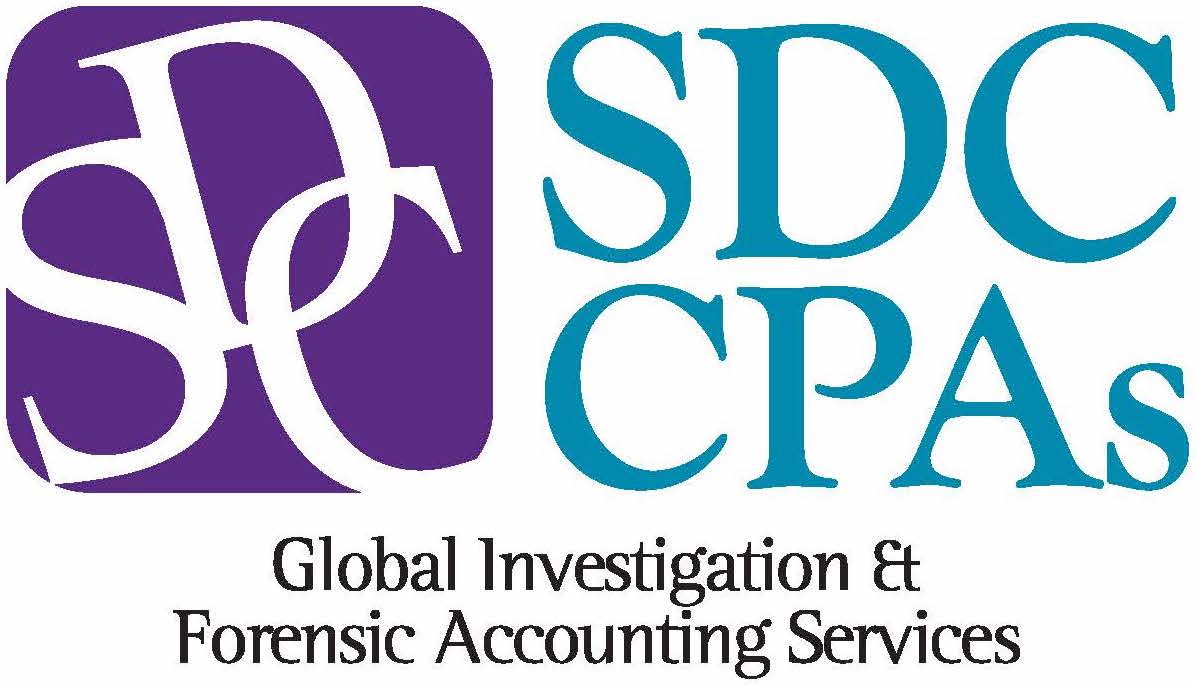By now, many people’s New Year’s resolutions have come and gone. But here’s one resolution that’s much easier to keep than getting up at 5:00 am every morning to exercise. You can start this one now, and it might just prevent you from becoming a victim of fraud. It’s simple and takes a second or two. When you write a date on a document, don’t abbreviate the year 2020 to just “20.” Write out the whole thing.
When in Doubt, Write it Out
When the year 2020 is abbreviated on official forms and documents, it gives fraudsters a window of opportunity. “The dawn of a new decade also creates a unique opportunity for scammers,” says Ira Rheingold, executive director for the National Association of Consumer Advocates. Individuals looking to exploit unsuspecting people can manipulate those two little numbers and cause big problems. For example, a document dated 2/15/20 can easily be changed to 2/15/2021 by adding two numbers at the end.
“This is very sound advice and should be considered when signing any legal or professional document. It could potentially save you some trouble down the road,” said the East Millinocket Police Department in Maine in a Facebook post.
How Can a Date Cause a Problem?
The simple answer–there are several ways. One example, according to Rheingold, is that of a stale check, or one that was written more than six months ago. If you have an old check that’s dated 2/15/20 and someone finds it, they could add “21” to the end of the “20”. With a simple pen stroke, the check is no longer stale and can be cashed.
Another example is a credit contract that you sign and date as 2/15/20. Consider what could happen when you miss a month or two of payments and the lender goes to collect the debt that’s owed. In theory, the lender could add “19” to the end of the “20”. It would look like you owe more than a year’s worth of payments. “Say you agreed to make payments beginning on 2/15/20. The bad guy could theoretically establish that you began owing your obligation on 2/15/2019, and try to collect additional money,” says Rheingold.
These two examples could just be the tip of the 2020 fraud iceberg. Scammers are always inventing new ways to defraud people. And it’s better to be safe than sorry.



